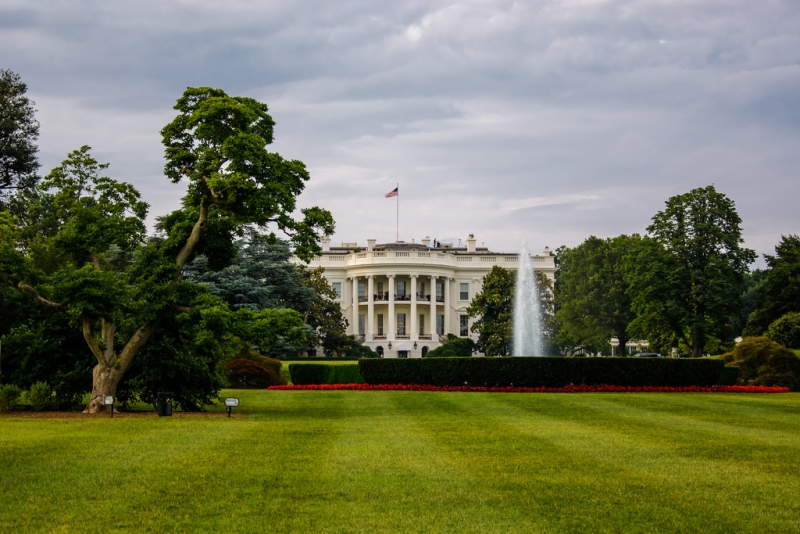By Matthew Pertz, Opinion Editor
The 2016 Presidential campaigns have shifted into their craziest gear yet as both parties have discussed running third party candidates in the November election.
There are two distinct possibilities of a third party conservative running against the GOP nominee. The Republican National Committee has debated running either Mitt Romney or Paul Ryan if Donald Trump wins the nomination. This would allow Republicans to endorse a candidate without tying themselves to Trump’s rhetoric.
However, Romney declared months ago that he would not seek the nomination, and Ryan is currently succeeding as the Speaker of the House. The GOP would be foolish to take Ryan out of his position and risk having a weaker Republican leading then House.
The GOP is also facing the possibility of a brokered convention if no candidate wins 1,237 of the 2,472 available delegates. If the convention is brokered, then delegates can switch their allegiance between candidates and change the shape of the race completely. For example, Kentucky dedicated 17 of its delegates to Trump, but if Trump or any of the other candidates fail to reach 1,237 then those 17 delegates are free to support any candidate.
If the convention is brokered, then it’s likely that Gov. John Kasich or Sen. Ted Cruz will be chosen to be the Republican candidate, and an upset Trump will run as an independent to smite the Republican establishment.
If the GOP follows either of these routes, it would guarantee a Democrat would win the presidency. Two conservatives on the ballot would split the conservative vote, while liberals would unites behind the sole Democratic candidate.
That situation is not speculation, but tradition: in 1992, Democrat Bill Clinton defeated Republican incumbent George H. W. Bush thanks to the help of Independent candidate Ross Perot. Perot, a conservative businessman who despised political correctness and the Washington establishment (sound familiar?), won almost 19% of the national vote but failed to claim any states. Clinton won the presidency by less than six percentage points; had Perot not claimed 19 million votes, Bush could have won another term.
Perot was the last third partier to captivate voters, but that could all change this November. Names like Mitt Romney, Paul Ryan and Michael Bloomberg have energized voters who find themselves upset with the current political climate.
Earlier this year, Bloomberg, former Mayor of New York City, also considered running as an alternative to Clinton or Sanders, but withdrew his name after realizing that he would likely help Donald Trump as opposed to defeating him. The Republicans should heed the same wisdom: running two conservatives for President will guarantee a liberal victory.
Even though he took a pledge to support the Republican nominee, Trump seems bent on winning the Presidency at any cost. That sort of passion could steer him into further damaging the Republican Party by running an independent campaign in November.


